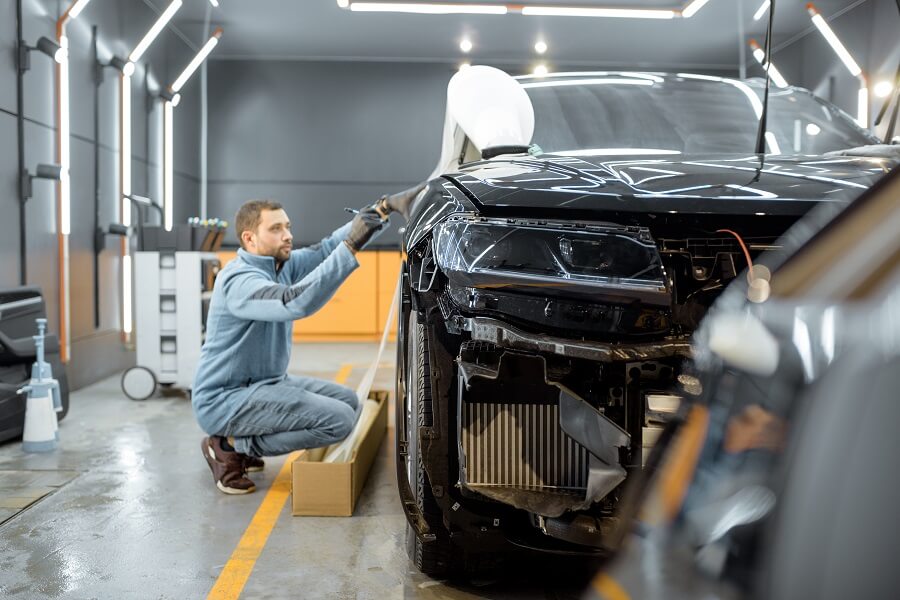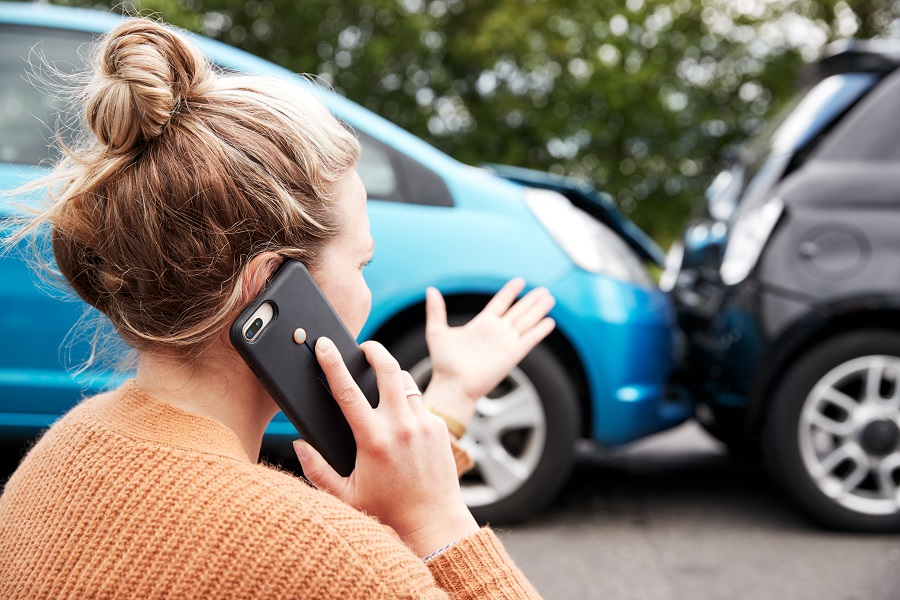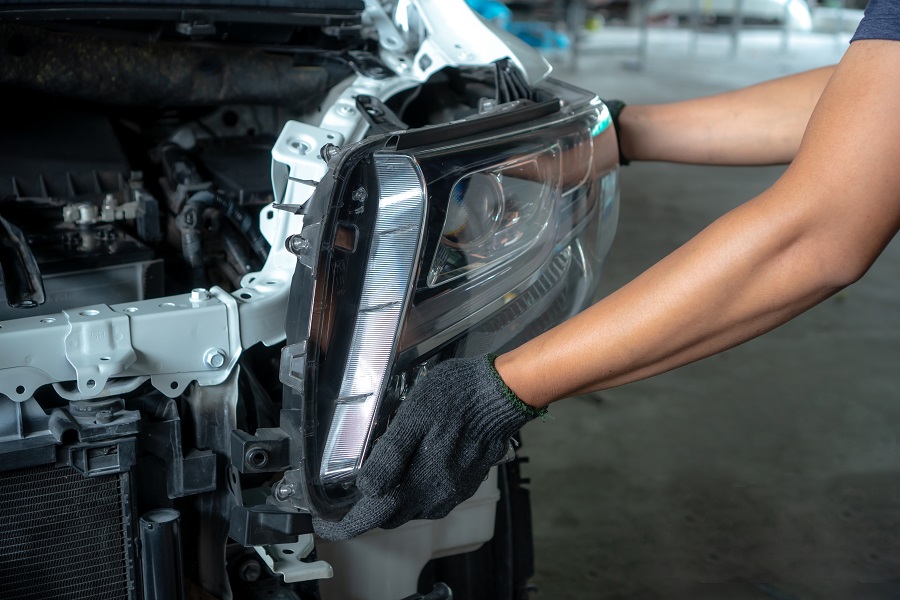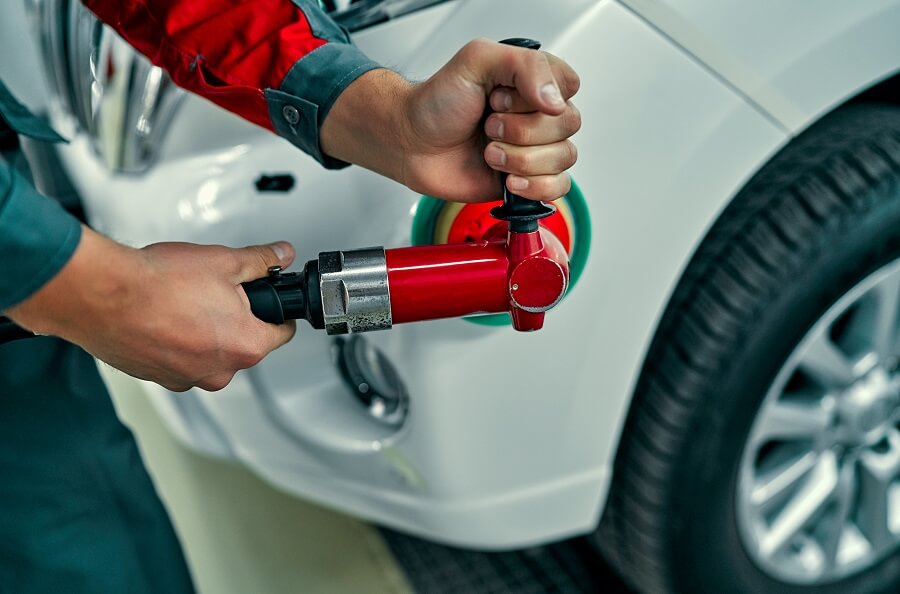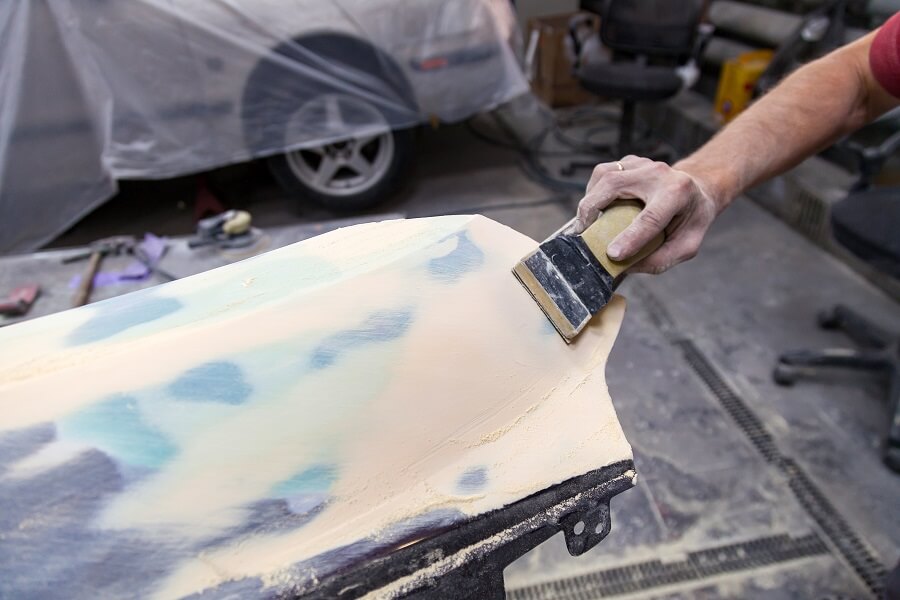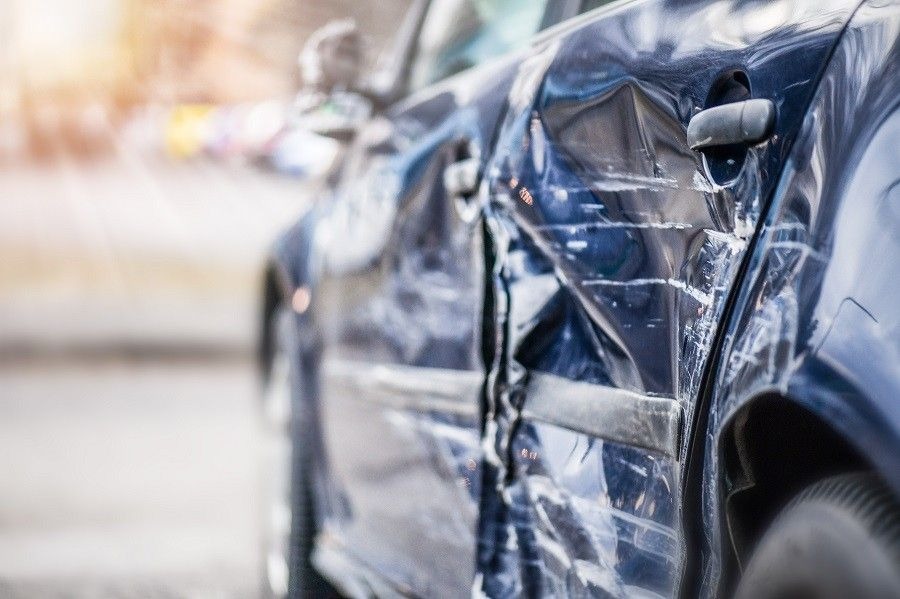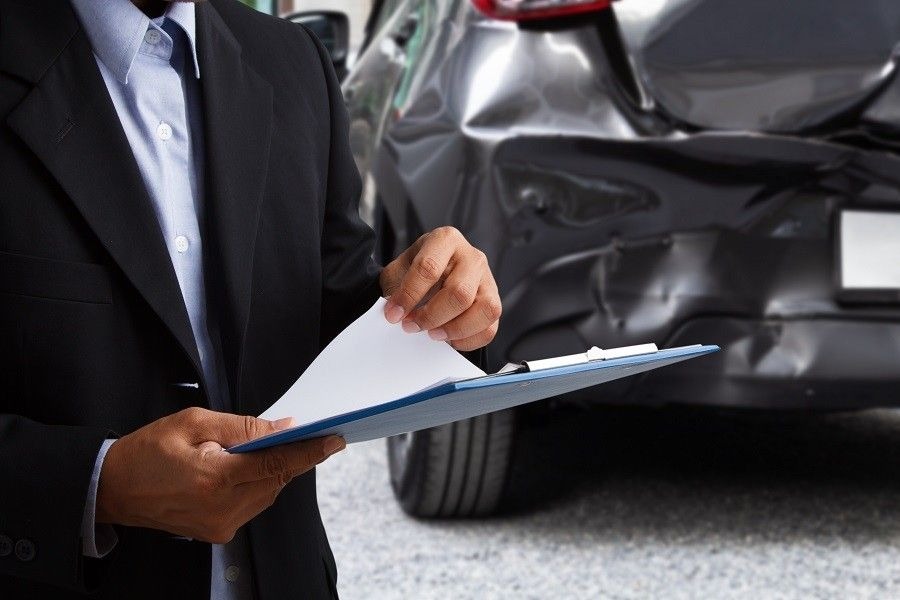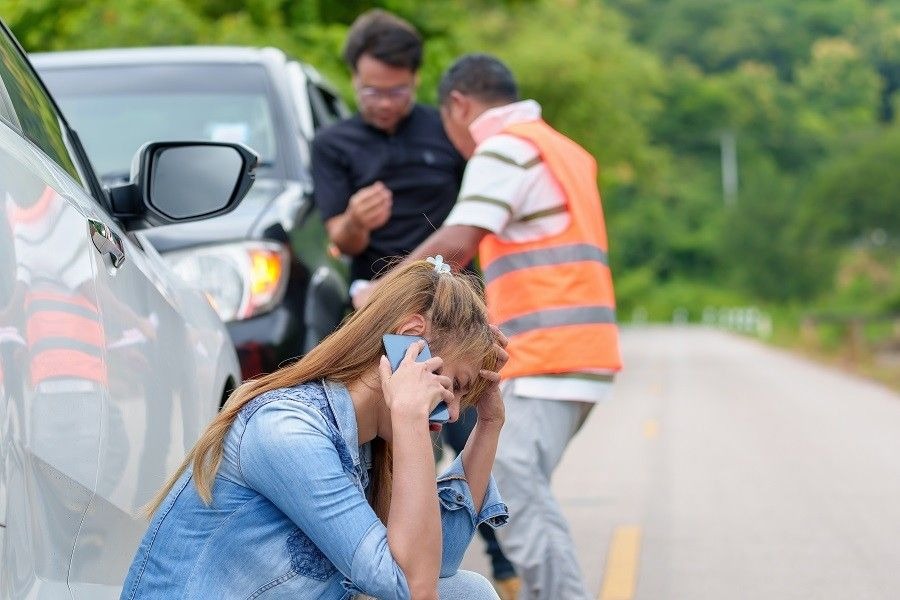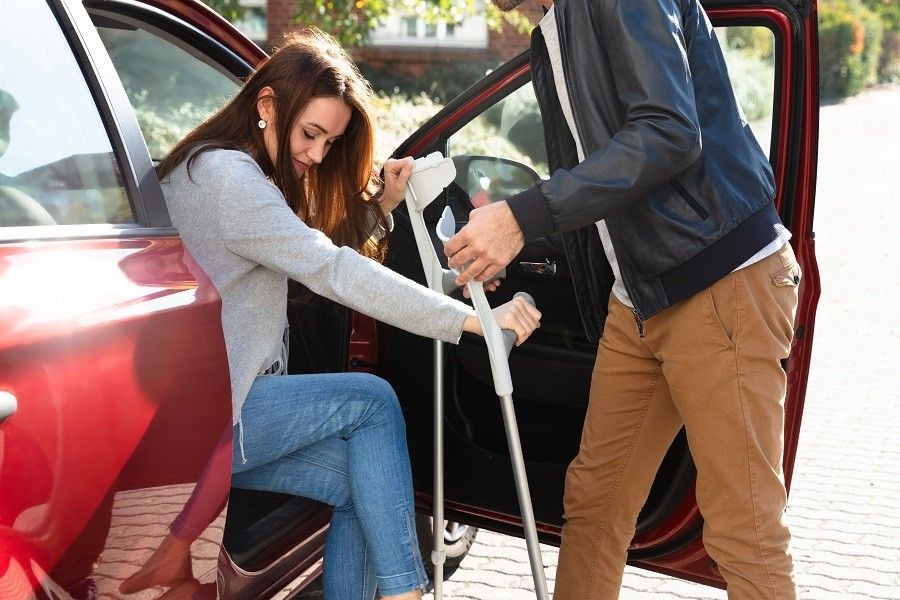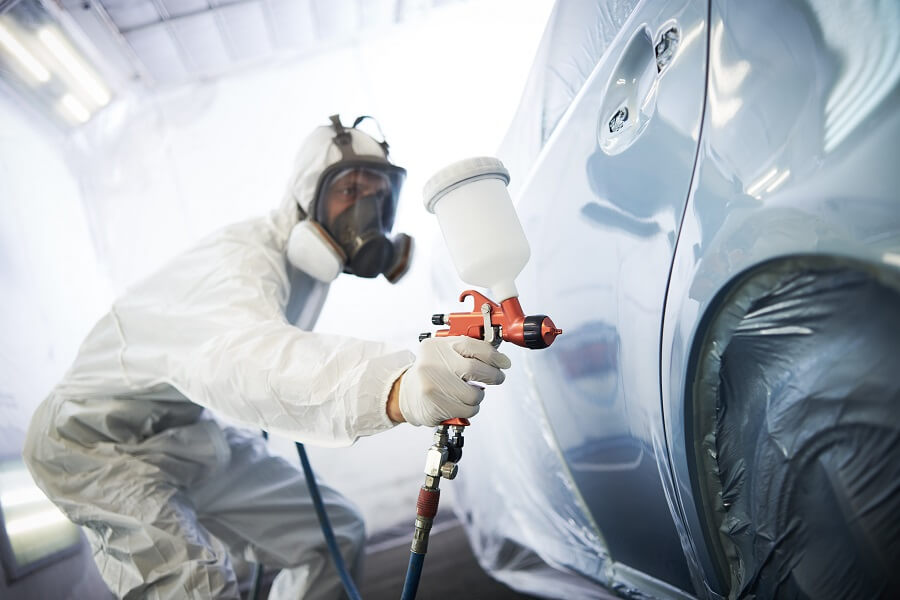Key Takeaways:
Whenever you’re in a car accident, there are certain steps you should take to make sure everyone involved is safe, and that the incident is handled correctly. Here are the things you should do as we discuss in this post:
- Check if you or your passengers are hurt
- Get everyone and your car to safety
- Document the scene of the accident
- Exchange information with everyone involved
- Wait for help from emergency services
- Notify your insurance provider
- Notify the local Department of Motor Vehicles if it applies
- Call tow truck services
- Contact Gosch Collision Center for towing and repairs
There are more than 6 million car accidents in the United States each year. If you ever find yourself in one of these accidents, whether major or minor, you should know what to do. Of course, accidents can be scary and confusing experiences, especially if you've never been in one before. However, there are some important steps you should take after a car accident to ensure your safety, comply with the law, and protect your legal rights.
1. Check Yourself For Injuries:
The most important thing to do after a car accident is to check yourself and your passengers for any injuries. With advanced security features in modern cars, hopefully, you will not be seriously injured. However, it is important to look out for any cuts, bumps, bruises, or other signs of injury and seek medical help if necessary. If you're hurt, you should also document your injuries by taking pictures and keeping copies of any medical records.
2. Get to Safety:
Once you have taken care of any potential medical issues, it's important to get yourself and your car to a safe location. If the accident occurred on a busy road, consider waiting in your car until the police arrive. In some cases, both cars can be safely moved to the side of the road. If that's not possible or safe, turn on your hazard lights and wait for the police to arrive. If the accident has caused any injuries, call 911 immediately and let them know your location. The police will arrive at the scene to fill out a report detailing all necessary information about the incident. They may also help direct traffic and assess the extent of damage and injuries.
3. Document the Scene:
Take photos of the scene, including damage to both vehicles and any skid marks or debris on the road. If you have a copy of your car insurance policy handy, review it to ensure that all necessary details are included in your documentation. If possible, also take pictures of nearby landmarks, traffic lights, and signs.
4. Exchange Information:
The next step is to exchange information with the other people involved in the accident. Gather contact details such as names, addresses, phone numbers, driver’s license numbers, insurance cards, and vehicle registration numbers from all parties involved in the accident. It doesn't matter if you're in the wrong or not. It’s important to have all the necessary information in case you need it later on.
6. Wait For Help:
After you are sure that everyone is safe and all necessary information has been exchanged, it is important to wait for help to arrive. Depending on the severity of the accident, waiting times can vary from a few minutes to an hour or more. Before the police arrive at the scene, make sure not to discuss who was at fault with any other drivers or witnesses. This can be discussed later with the insurance adjuster and police officer.
7. Notify Your Insurer:
Notifying your insurance company of the accident is an important step that should be done as soon as possible. Your insurance provider needs to know about the details of the accident, including when and where it happened, how many people were involved, what kind of damage was done to each vehicle, and if there were any injuries. Be sure to provide your insurance provider with as much detail as you can to start your claim.
8. Notify The DMV:
DMV is an abbreviation for the Department of Motor Vehicles. If the accident resulted in any property damage or injuries, you must notify your local DMV within ten days of the incident. Every state has different laws and regulations regarding what kind of information must be reported to the DMV but generally, they will require basic details such as when and where the accident occurred and who was involved.
9. Call a Tow Truck If Needed:
If your car is no longer drivable or needs to be checked for any mechanical or structural damage, it’s best to call a tow truck and have the vehicle towed away for an inspection. Tow trucks are available 24/7 in most areas and can often help you get back on the road quickly. Reach out to Gosch Collision Center to discuss your situation and we'll sure tow your car for you.
Gosch Collision Center Will Repair Your Car for You
When it comes to fixing a damaged car, don’t take any chances. Gosch Collision Center is the best choice for you when it comes to repairing your car after an accident. We have expert technicians who can quickly identify and repair any damages that may have occurred during the collision. Our team is highly trained and experienced in all types of repairs, and we work hard to make sure that your car is safe and running smoothly before you hit the road again. So if you’re involved in an accident, contact your insurance provider and let them know you've chosen Gosch Collision to repair your car.





